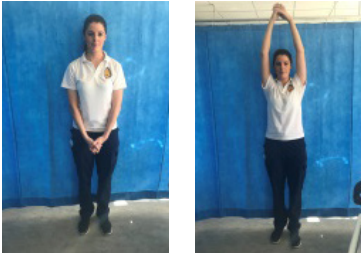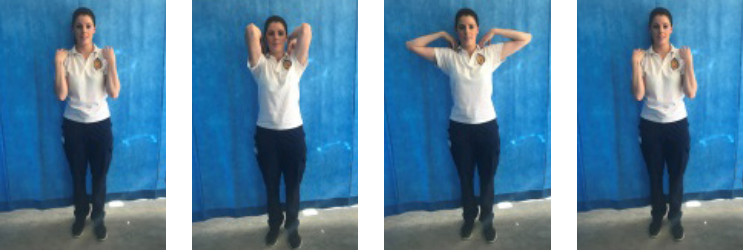Enhancing your recovery post cardiac surgery
Download and print this article
DownloadIntroduction
The aim of the Enhanced Recovery after Surgery (ERAS) programme is for you to return to full health as soon as possible after your operation. Research has shown that the earlier you get out of bed and start eating and drinking the quicker your recovery.
The programme will begin before your operation, progress through your care whilst in hospital and continue when you are back at home.
There are many ways you can speed up your recovery. This booklet will increase your understanding of the ERAS programme and enable you to take an active role in your preparation for surgery and your recovery after.
Please do also read through your patient information booklet regularly as this contains all the information regarding all aspects of your cardiac surgery journey.
How you can help before your surgery
Healthy living goals in the weeks before your surgery will aid you to recover quicker and have fewer complications.
Good nutrition
- Fruit and vegetables – aim to eat at least five portions a day
- Protein rich foods such as lean meat, fish, eggs, lentils, nuts, beans
- Starchy foods such as rice, bread, pasta and potatoes. Aim for wholegrain varieties when you can
- Milk and dairy foods
- Limit foods which are high in sugar, fat and salt.
Stay active
If you feel well enough, exercise will help make sure your body is as fit as possible before your surgery. If you are already active, keep up with your normal exercise / activity routine. If not, start slowly adding exercise into your day. A 15 minute walk is better than not exercising at all.
Get practising
We would like you to start practising the exercises you will be doing after your surgery.
You will have a wound down the centre of your chest over the breastbone. An important part of the wound and bone healing is the restriction of the activities you can do with your arms after your operation. This is because certain activities can put a lot of stress on the bone trying to heal.
The main restriction is no lifting, pushing or pulling with your arms for the first 3 months after your operation. As a guide you should not lift any object that weighs more than 5 lbs (2.2 kgs).
Getting in and out of bed
To make it easier getting out of bed our Physio’s advice is:
- Roll onto either side
- Gently lower your legs off the edge of the bed
- Push down through your elbow and come up into a sitting position
To get into bed the same process is followed in reverse.
Getting in and out of a chair
- Sit on the edge of the chair
- Fold arms across chest
- Feet firmly flat on the floor
- Rock gently backwards and forwards 3 times - on the third rock forward, push up firmly through your legs and come into the standing position.
Upper limb exercises to practice
Straight arm raise
- Stand with hands clasped in front of you and elbows straight
- Lift both arms up over your head and then back down again to the starting position
- Repeat 5 times

Elbow circles
- Sit or stand
- Place your finger tips on your shoulders
- Lift your elbows up in front of you as high as you can keeping
your finger tips on your shoulder - Bring your elbows out to the side, and then back down to
the starting position - Repeat 5 times

Stop smoking
If you smoke it is advisable that you stop. Smokers are prone to complications and chest infections after surgery.
For help and advice in quitting smoking you may wish to:
- contact a local helpline on 01273 267397
- or on the internet:
www.nhs.uk/smokefree
Alcohol
We recommend alcohol is only taken in moderation if at all.
Maintain a healthy weight
Advice will be given if you are found to be underweight or overweight in your pre-assessment clinic appointment.
Discharge arrangements
We would like you to start thinking about your discharge before you come into hospital. We routinely use the discharge lounge (Barry building, main entrance) in our Cardiac Centre where your
arrange transport can pick you easily. We aim to discharge from the Step Down Unit before midday, once you are medically fit for discharge. Recovery at home will continue for some time after you are discharged and therefore you need to think about how you will manage in the weeks after surgery.
- Make sure you have someone who can collect you from hospital when you are discharged
- Make sure you have someone who can stay with you at home
for the first week - Buy extra shopping of non-perishable foods and ready meals before admission. Arrange for family/friends to get fresh/frozen foods after discharge.
If you think you will have any problems at any stage of your programme please call and seek help so that appropriate safe solutions can be found in advance
Publication Date: January 2022
Review Date: October 2024

